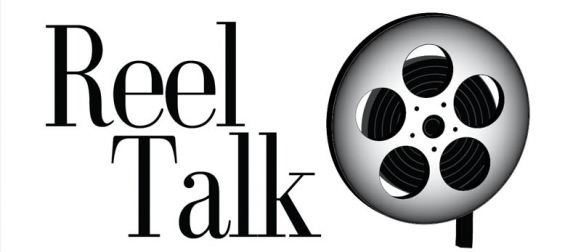Released only last year, “The Purge” was one of those movies whose overall verdict could be defined by four simple words: great concept, poor execution. With biting social commentary and scenes of vicious violence, the film’s trailer promised a different sort of home invasion thriller. Instead, the film fell back on the clichés of the genre and left the commentary to the background, getting lost amidst the violence. Even worse, the film had its own case of an identity crisis, with its narrative construction giving the impression that writer/director James DeMonaco did not know whether to make this a full-blown allegory or a thriller.
Now we come to the film’s quickly released sequel, “Anarchy,” which promises to be, and is, different from its predecessor. Even in such a short time, DeMonaco proved himself to be a bit more ambitious this time around, making a few improvements over the first film. But, was it enough to make a solid movie?
If you are familiar with the premise of these films, then you know they take place in a new America, “a nation reborn” with low poverty, unemployment and crime rates, all made possible by an annual purge, a night when all crime, including murder, is legal. With “Anarchy,” however, we’re in for a different sort of ride, taking the action from a gated community to the streets of downtown Los Angeles, which is one of the film’s improvements. Shifting the focus away from the wealthy to the more common folk puts the spotlight on one of the integral components of these films’ social commentary; that this ‘purge’ highlights the upper class’s desire to control, even to decrease the numbers of, the middle and lower classes. In a few moments, the film’s commentary may feel more integrated into the proceedings than the first, but there are still many moments when it threatens to get muddled, and often is, by the film’s sporadic bursts of violence.
Speaking of violence, let’s take a moment to discuss this particular film’s use of it. Even though it may hinder the film’s allegorical aspects, in a strange way, one might actually consider the violence to be an improvement over the first film. As previously mentioned, this sequel moves the action from a confined space to the public, where most of the depravity occurs in the first place, promising for a more exciting feature. The movie’s trailer promises that the film will be an all-out blitz of bloody violence, and it mostly delivers on that promise.
Compared to its predecessor, “Anarchy” is as its title suggests; an angrier, meatier film that makes the first look like child’s play. Without question, the violence in this film is grittier and far more vitriolic. Additionally, with a run time that is surprisingly 20 minutes longer, there is more of it, making for a slightly more entertaining film, and only slightly because it presents a new set of problems. DeMonaco may have been a bit more ambitious with how he tried to integrate violence and commentary, but he wrote the film into a tedious narrative pattern. “Anarchy” unleashes the violence, slows things down for the characters to connect, and then repeats the cycle. So with a longer run time and a repetitive narrative, the pacing becomes problematic, at best.
Small improvements were made to the characters, as well, once again because of the shift in focus to the streets. One of the primary reasons the first film failed as an allegory was because its narrative focused on wealthy, law-abiding citizens so blinded by their own insane patriotism that we were never going to be rewarded with a look into how their views of the annual purge were altered by the violence done to them. The shift “Anarchy” provides allows the viewer a glimpse into the lives of people who are most affected by this immoral holiday. Sure, the characters are fairly bland, but at least the audience has a better chance to invest in their struggles than those of a rich family in a gated community.
“Anarchy” winds up being simultaneously entertaining and frustrating. Both “The Purge” and “Anarchy” point to a similar idea: The human species is an animalistic one. In many ways, in fact, we are worse than animals. But “Anarchy” does one thing its predecessor did not. By presenting an oppositional force and with a more positive ending, this film suggests a hope for change, for a day when those in power listen to dissenting voices. Advertising for this film ominously tells you to “survive the night.” Whether or not you survive this movie is completely up to you.
Rating: 2 stars out of 4

